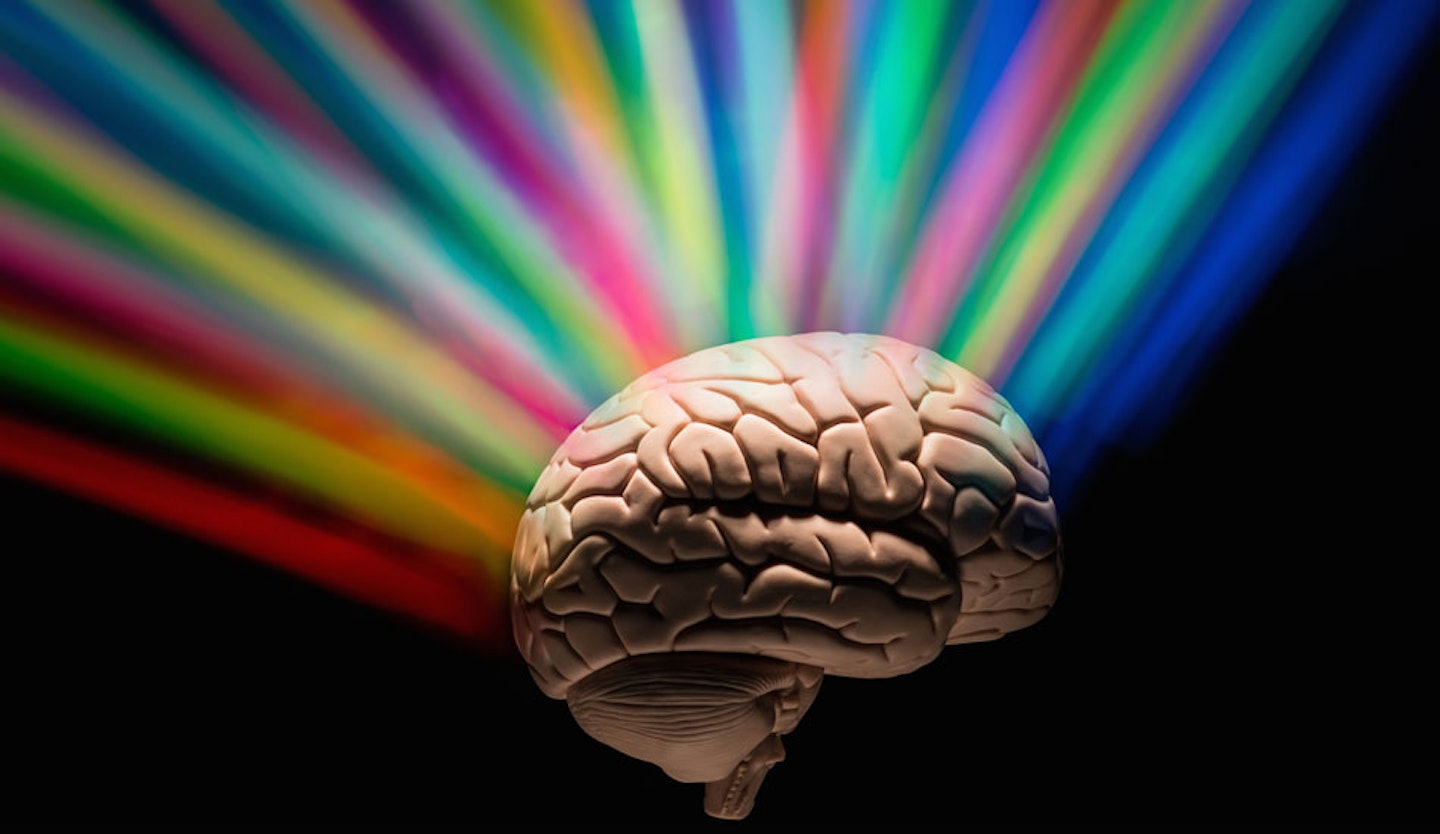Science, being the wondrous discipline it is, has unveiled a way of making our holidays seem longer.
And the discovery makes us want to skip cheerily across a beach in our swimsuits, just like the ladies above.
The trick lies in something called "temporal illusions", which distort the way our brains perceive time (just like optical illusions play on our concept of vision).
Temporal illusions can be triggered by all manner of events or acts that conjure up feelings of excitement, fear and exhilaration.
US neuroscientist David Eagleman explained how he tested out the theory in an essay titled Brain Time, that was analysed by travel writer Gavin Hainesin the Telegraph this week.

Eagleman documented the experience of volunteers as they threw themselves off a 15-storey platform suspended above the ground by a crane. A safety net below caught each participant on their downward fall.
He then got those involved to guess how long their own falls had lasted, compared to other people's.
"Their duration estimates of their own fall were a third greater, on average, than their recreations of the fall of others," says Eagleman.
The scientist believes that certain critical situations activate a set of neurons in the brain's temporal lobe known as the amygdala.
"When the amygdala gets involved, memories are laid down by a second memory system," says Eagleman. "So in a dire situation, your brain may lay down memories in a way that makes them 'stick' better."
The higher density of data associated with events that trigger the amygdala makes it seem as though they last longer in replay.

Based on this, we can surmise that our holidays will appear to last longer if we spend them doing extraordinary and thrilling activities; wild-water rafting, perhaps, or a hot air balloon ride at dawn.
Just hanging out on the beach with a glass of Sancerre sadly won't do the trick...
But there is a more accessible way, related to this finding, to slow down your holidays. And that's by filling them with new and unfamiliar experiences.
"Time perception is related to information processing so the more information our minds and our senses take in the slower time seems to go,” Dr Steve Taylor, author of Making Time, tells the Telegraphtext.
"Unfamiliarity – new experiences, new environments, any kind of newness – slows down our perception."
READ MORE: Six Simple Pleasures To Savour This Spring
READ MORE: Beautiful Boutique Hotels Under £150 A Night
